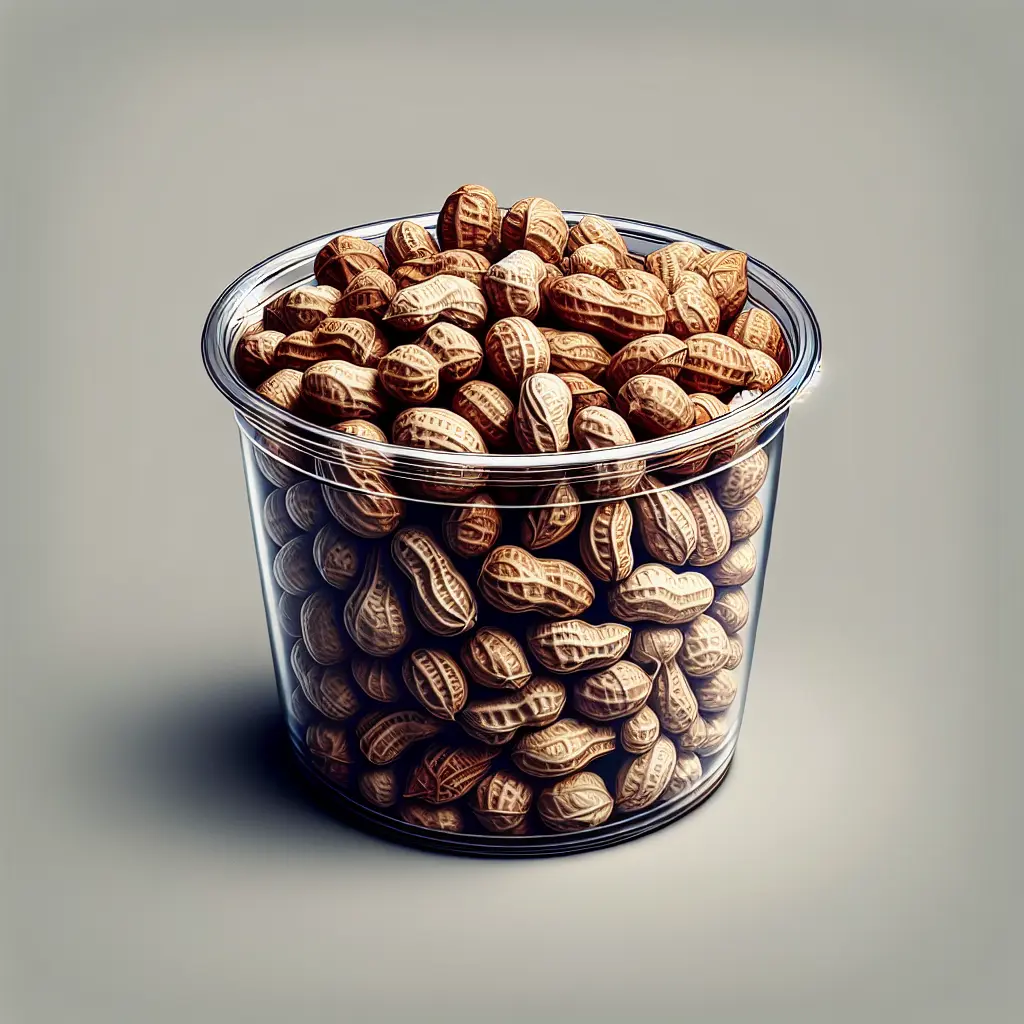Peanuts Unsalted: A Nutrient-Rich Snack
Peanuts unsalted are a type of legume that is native to South America. They are a good source of protein, fiber, and healthy fats. They are also a good source of vitamins and minerals, including niacin, folate, and magnesium.
Peanuts unsalted are a versatile food that can be enjoyed in many different ways. They can be eaten raw, roasted, or salted. They can also be added to salads, soups, and stews. Peanuts unsalted are also a popular ingredient in peanut butter, which is a delicious and nutritious spread.
Nutritional Value of Peanuts Unsalted
One cup of peanuts unsalted contains the following nutrients:
- Calories: 857
- Protein: 36 grams
- Fat: 73 grams
- Carbohydrates: 31 grams
- Fiber: 12 grams
- Sugar: 7.2 grams
Peanuts unsalted are a good source of protein, providing about 36 grams per cup. Protein is essential for building and repairing tissues, and it also helps to keep you feeling full and satisfied.
Peanuts unsalted are also a good source of fiber, providing about 12 grams per cup. Fiber is important for digestive health, and it can also help to lower cholesterol and reduce the risk of heart disease.
Peanuts unsalted are a good source of healthy fats, providing about 73 grams per cup. Healthy fats are important for heart health, and they can also help to improve cholesterol levels.
Peanuts unsalted are also a good source of vitamins and minerals, including niacin, folate, and magnesium. Niacin is important for energy production, folate is important for cell growth and development, and magnesium is important for muscle function and nerve transmission.
Health Benefits of Peanuts Unsalted
Eating peanuts unsalted may have a number of health benefits, including:
- Lowering cholesterol: The healthy fats in peanuts unsalted can help to lower cholesterol levels. This can reduce the risk of heart disease and stroke.
- Reducing the risk of heart disease: The fiber in peanuts unsalted can help to reduce the risk of heart disease by lowering cholesterol levels and blood pressure.
- Improving blood sugar control: The fiber in peanuts unsalted can help to improve blood sugar control by slowing down the absorption of sugar into the bloodstream. This can help to prevent spikes in blood sugar levels, which can lead to diabetes.
How to Enjoy Peanuts Unsalted
Peanuts unsalted can be enjoyed in many different ways. Here are a few ideas:
- Eat them raw: Raw peanuts unsalted are a healthy and satisfying snack. They can be eaten on their own or added to salads, yogurt, or oatmeal.
- Roast them: Roasting peanuts unsalted brings out their flavor and makes them even more crunchy. Roasted peanuts unsalted can be eaten on their own or added to trail mix, granola, or baked goods.
- Add them to soups and stews: Peanuts unsalted can add a nutty flavor and extra protein to soups and stews. They are a great addition to vegetarian and vegan dishes.
- Make peanut butter: Peanut butter is a delicious and nutritious spread that can be used in a variety of ways. It can be spread on toast, crackers, or fruit. It can also be used in smoothies, baked goods, and sauces.
Peanuts unsalted are a versatile and nutritious food that can be enjoyed in many different ways. They are a good source of protein, fiber, and healthy fats. Eating peanuts unsalted may have a number of health benefits, including lowering cholesterol, reducing the risk of heart disease, and improving blood sugar control.
How many calories are in Peanuts Unsalted?
Each 1 cup of Peanuts Unsalted contains 857 calories.
Peanuts Unsalted Nutritional Information
| Nutrient | Amount per 1 cup (146g) |
|---|---|
| Calories | 857 Calories |
| Protein | 36g |
| Fat | 73g |
| Saturated Fat | 11g |
| Cholesterol | 0mg |
| Carbohydrates | 31g |
| Dietary Fiber | 12g |
| Sugar | 7.2g |
| Sodium | 0.0088mg |
| Potassium | 0.9256mg |
| Calcium | 0.085mg |
| Iron | 0.0023mg |
